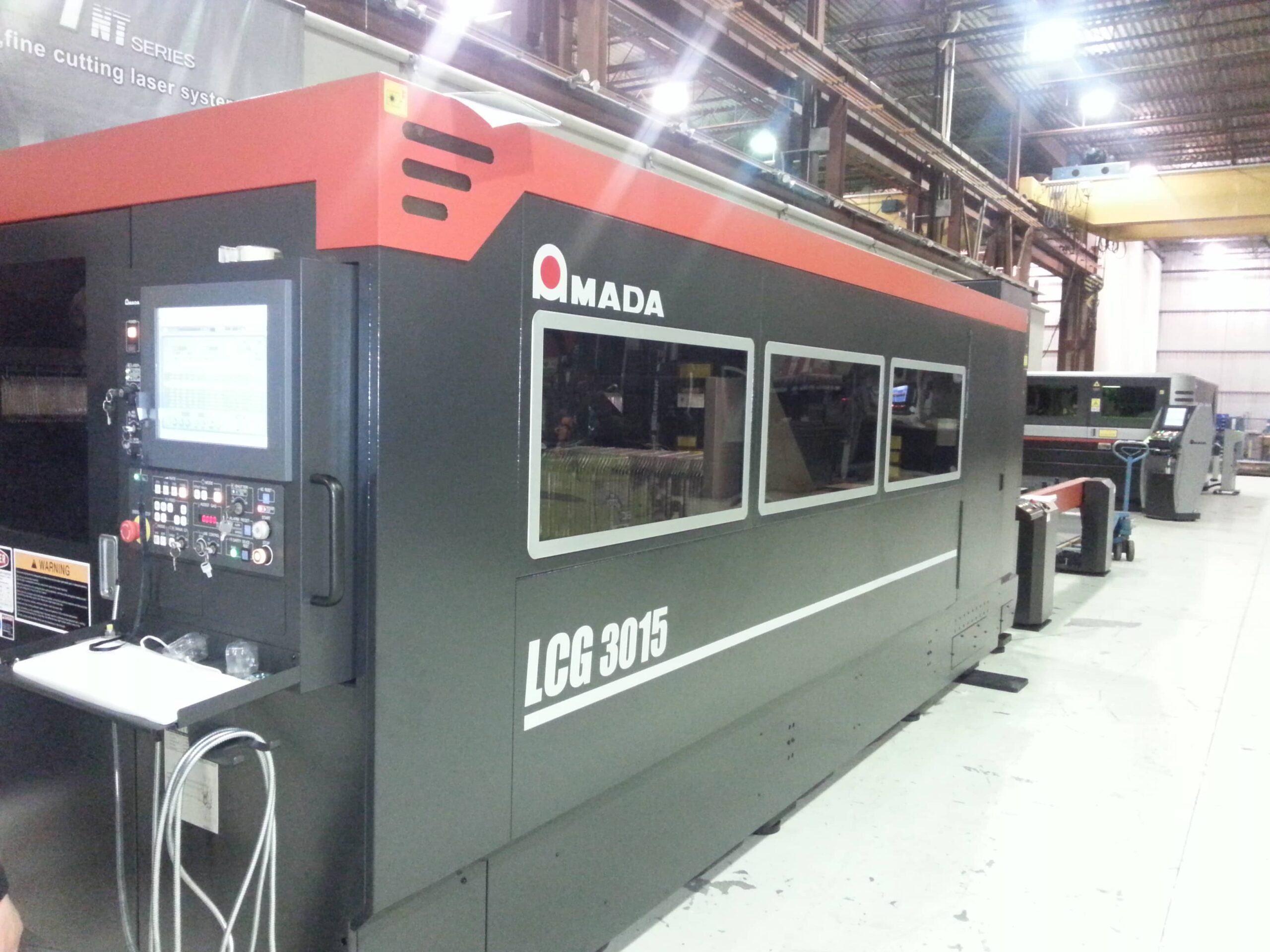CNC Fabrication
CNC Fabrication
CNC fabrication is a manufacturing process that involves the use of computer-controlled machines to create intricate and precise parts from various materials, such as metal, wood, plastic, and composites. CNC machines are capable of automating and executing a wide range of tasks, including cutting, milling, drilling, turning, and 3D printing, among others.
The CNC fabrication process typically involves the following steps:
-
Design: Engineers or designers use Computer-Aided Design (CAD) software to create a digital model of the part they want to produce. The design is converted into a set of instructions and codes that the CNC machine can understand.
-
Programming: The CAD design is translated into a format called G-code, which consists of a series of alphanumeric commands that instruct the CNC machine on how to move and operate its tools.
-
Setup: The material to be worked on is secured to the CNC machine’s worktable or fixture. The cutting tools or other necessary equipment are installed and calibrated.
-
CNC Machining: Once the setup is complete, the CNC machine executes the programmed instructions, guiding the cutting tools or other tools to remove material from the workpiece according to the design specifications. The machine’s movements are precisely controlled by the G-code, allowing for high accuracy and repeatability.
-
Finishing: After the initial machining, the finished part may undergo additional processes such as deburring, sanding, polishing, or surface treatments to achieve the desired final appearance and dimensions.
Advantages of CNC Fabrication:
-
Precision: CNC machines can produce parts with exceptional accuracy, leading to consistent and high-quality products.
-
Automation: CNC fabrication is highly automated, reducing the need for manual labor and improving production efficiency.
-
Complexity: CNC machines can create complex and intricate designs that may be challenging or impossible to achieve manually.
-
Reproducibility: Once a CNC program is created, the same part can be reproduced multiple times with minimal variations.
-
Flexibility: CNC machines can work with a wide range of materials and can be used for various manufacturing processes.
Applications of CNC Fabrication:
-
Aerospace: CNC machines are used to fabricate aircraft components with tight tolerances and complex shapes.
-
Automotive: CNC fabrication is employed to manufacture engine parts, chassis components, and interior elements in the automotive industry.
-
Electronics: CNC machines are utilized to produce precise circuit boards and electronic components.
-
Furniture and Woodworking: CNC routers are used to create intricate designs in wood for furniture and artistic purposes.
-
Medical Devices: CNC machining is utilized to produce medical implants, prosthetics, and instruments with high precision.
CNC fabrication has revolutionized modern manufacturing, enabling industries to produce innovative products with speed, accuracy, and cost-effectiveness.

Get a Quote
Lorem ipsum dolor sit amet, consectetur adipiscing elit.
Why Choose us
Real People. Real Work. Real Rewards.
Lorem ipsum dolor sit amet, consectetur adipiscing elit. Ut elit tellus, luctus nec ullamcorper mattis, pulvinar dapibus leo.
Bibendum placerat massa enim eget diam conubia ac metus posuere tempor letius.
Bibendum placerat massa enim eget diam conubia ac metus posuere tempor letius.
Bibendum placerat massa enim eget diam conubia ac metus posuere tempor letius.
Bibendum placerat massa enim eget diam conubia ac metus posuere tempor letius.
Bibendum placerat massa enim eget diam conubia ac metus posuere tempor letius.
Bibendum placerat massa enim eget diam conubia ac metus posuere tempor letius.
Bibendum placerat massa enim eget diam conubia ac metus posuere tempor letius.
Bibendum placerat massa enim eget diam conubia ac metus posuere tempor letius.
Bibendum placerat massa enim eget diam conubia ac metus posuere tempor letius.

